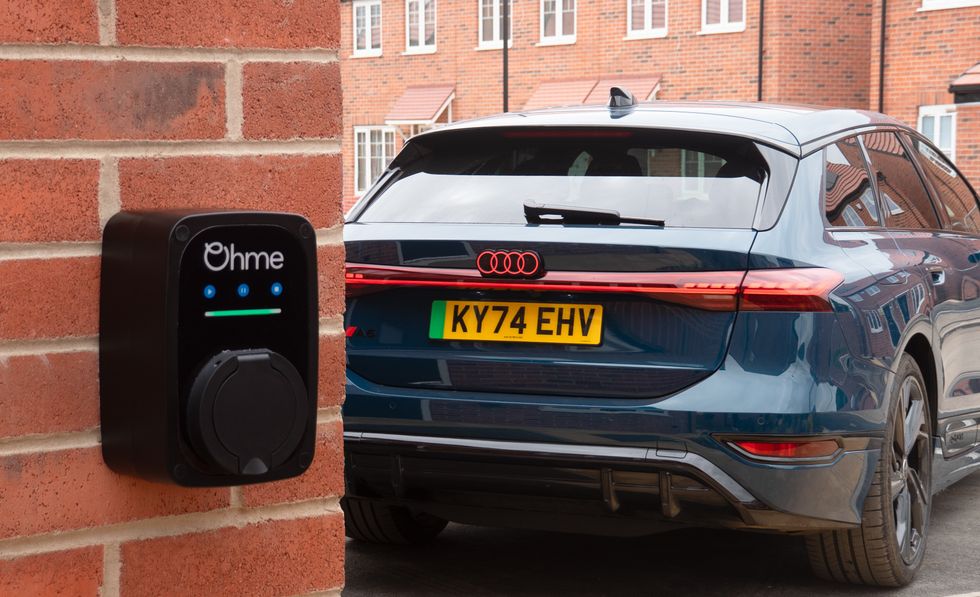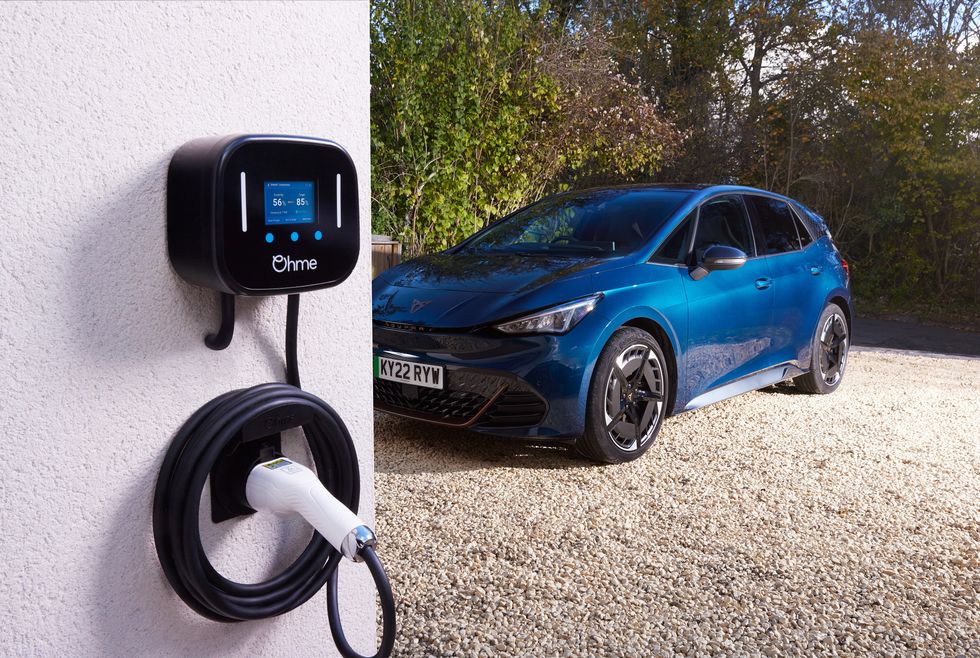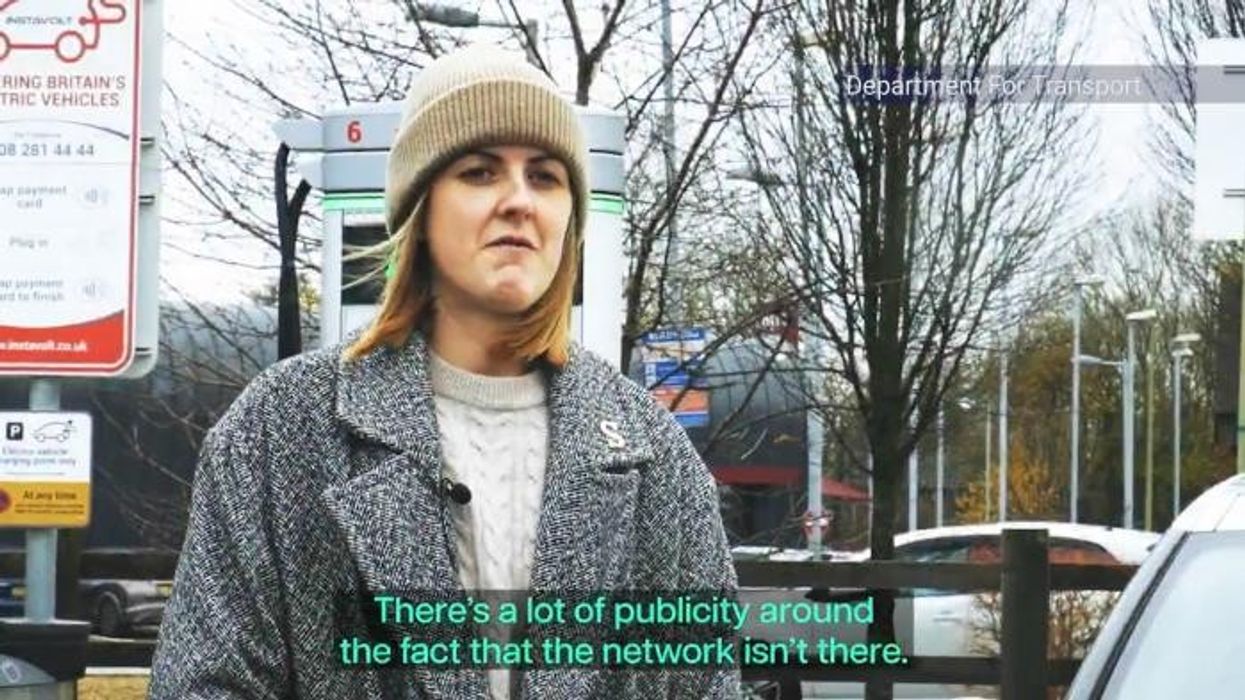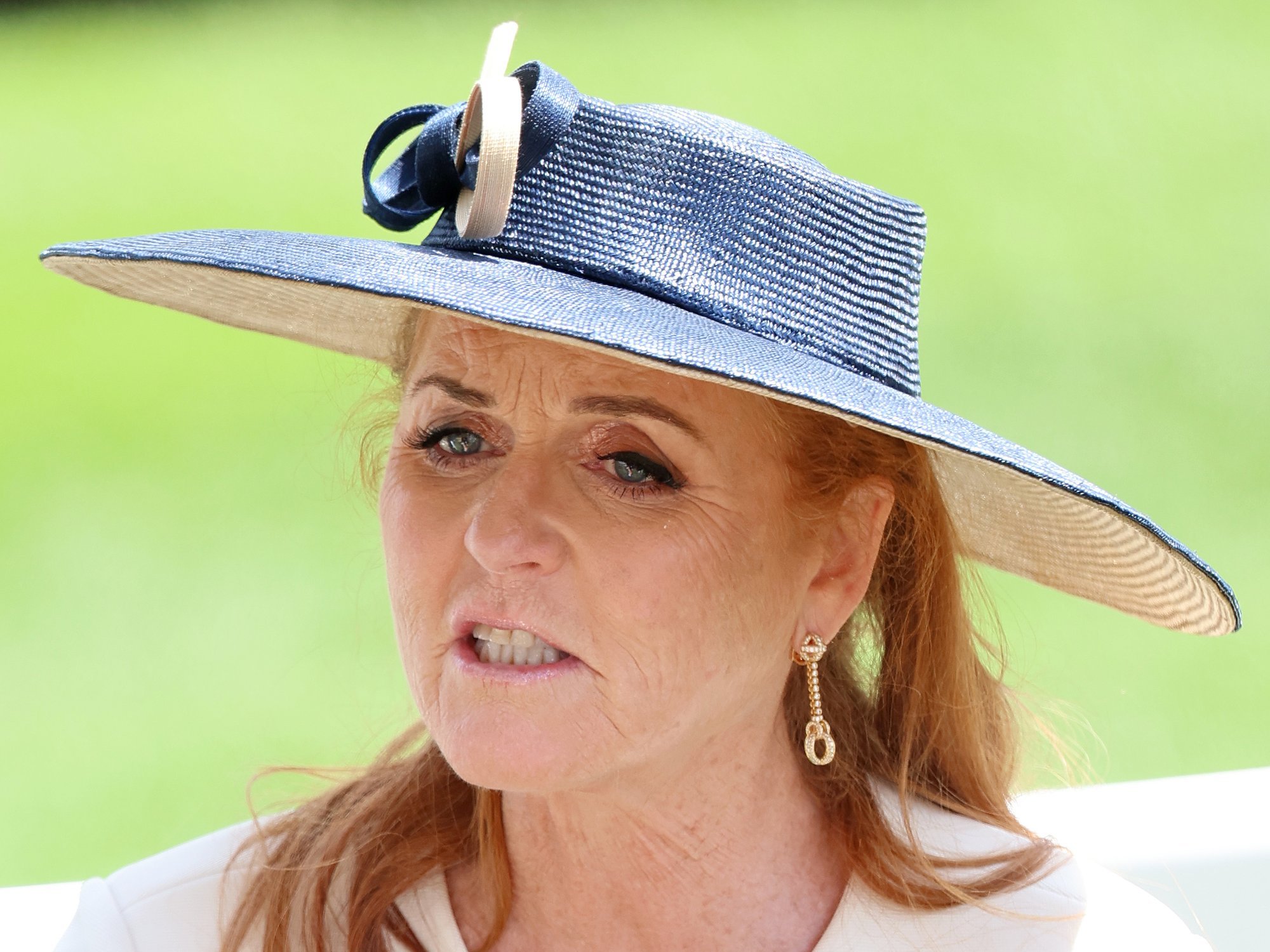Electric car owners could save £900 more than petrol drivers from today with new change

The new energy price cap will remain in place until September 30
Don't Miss
Most Read
Latest
Electric car owners across the country could benefit from savings when charging their vehicles at home from today onwards.
From July 1, the energy price cap, which is set by regulator Ofgem, will fall to £1,720 per year for a typical household, a decrease of seven per cent.
The new price cap, which is valid until September 30, is £129 cheaper than the rate that was in place between April 1 and June 30 (£1,849).
The new Standard Variable Tariff for electricity will be reduced to 25.73p per kilowatt hour, meaning it is cheaper than ever before to charge an EV at home.
Do you have a story you'd like to share? Get in touch by emailing motoring@gbnews.uk

Drivers could save hundreds of pounds a year by charging their electric cars at home
|OHME
However, motorists with EV-friendly home energy tariffs could save even more after the energy price cap fell for the first time in a year.
EV-friendly tariffs, including Intelligent Octopus Go, slash rates to as low as 7p/kWh, allowing a typical EV driver to run their car for less than £10 a year.
When charging an electric vehicle with an Ohme smart charger on a dynamic tariff, prices could be at least three times lower than charging on a non-specialised tariff.
A Volkswagen ID.5, which has a 77kWh battery and a range of 334 miles, can be charged for just £5.39 using an Ohme charger and Octopus tariff.

The new energy price cap launching today (July 1) will benefit electric car drivers
| CUPRAIn comparison, charging the same EV with prices included in the Standard Variable Tariff would cost £19.82.
David Watson, CEO of Ohme, said charging an electric vehicle at home will always be the cheapest option for motorists.
He added that the lower energy price cap was "great news" for Britons to slash their running costs, which are already lower than petrol and diesel equivalent vehicles.
Despite this, he called on drivers with access to charging at home to switch to a tariff that allows them to "save even more money".
LATEST DEVELOPMENTS:
Over the course of a year, car owners tend to drive an average of 6,800 miles, regardless of what vehicle they use.
This mileage rate would cost the typical EV driver £437.41 for 12 months, or £119 on an Intelligent Octopus Go tariff.
In comparison, travelling the same distance in an equivalent petrol car would cost more than £1,000, as well as being at risk of fluctuating oil and fuel prices.
There are almost 81,000 electric car charging devices around the UK, at nearly 40,000 locations. The Government aims to install 300,000 chargers by the end of the decade.
Despite the growing number of installations and demand, it remains far cheaper to charge at home, although this is not a viable option for all drivers.
Watson said: "When driving an EV, as much as possible, your main focus should be on aiming to charge at home where it's cheapest.
"Even on those occasions where you have to top up at public chargers, then only do so to cover the remainder of your journey home, otherwise you'll be overpaying.
"Even the standard price of electricity is a fraction of what you pay on a public charger."











